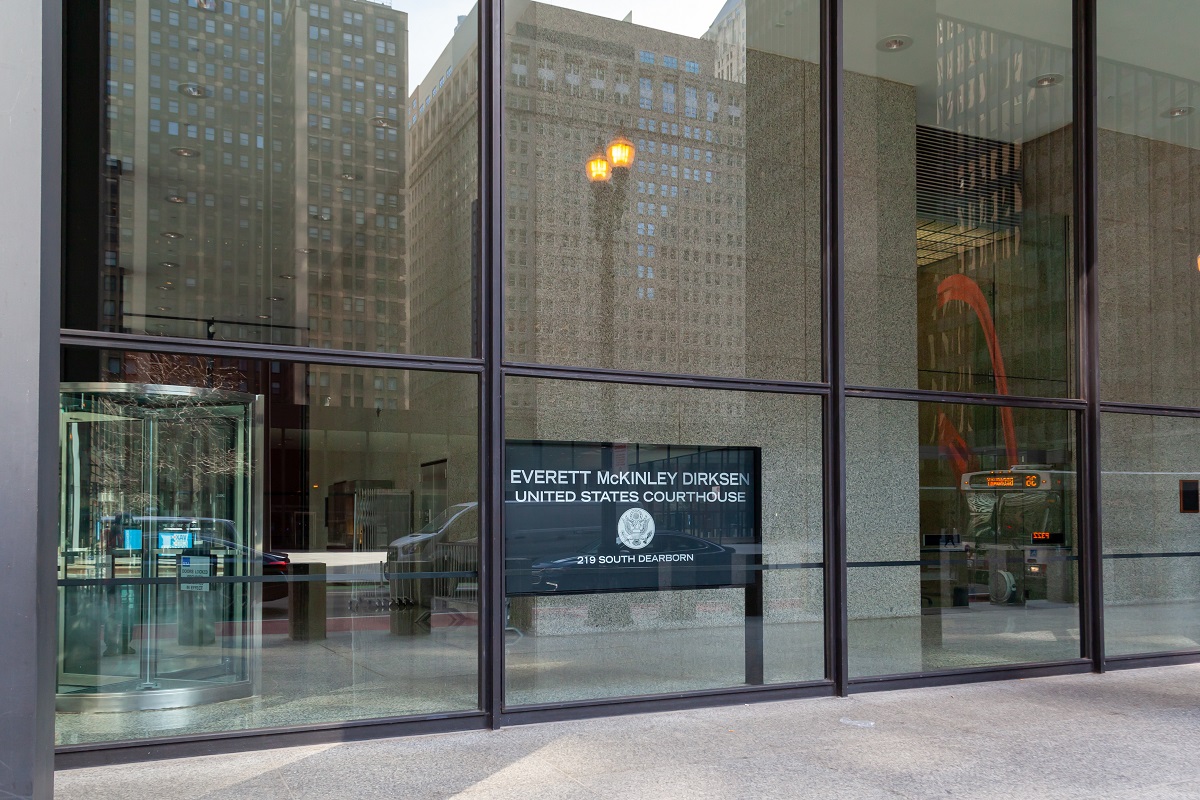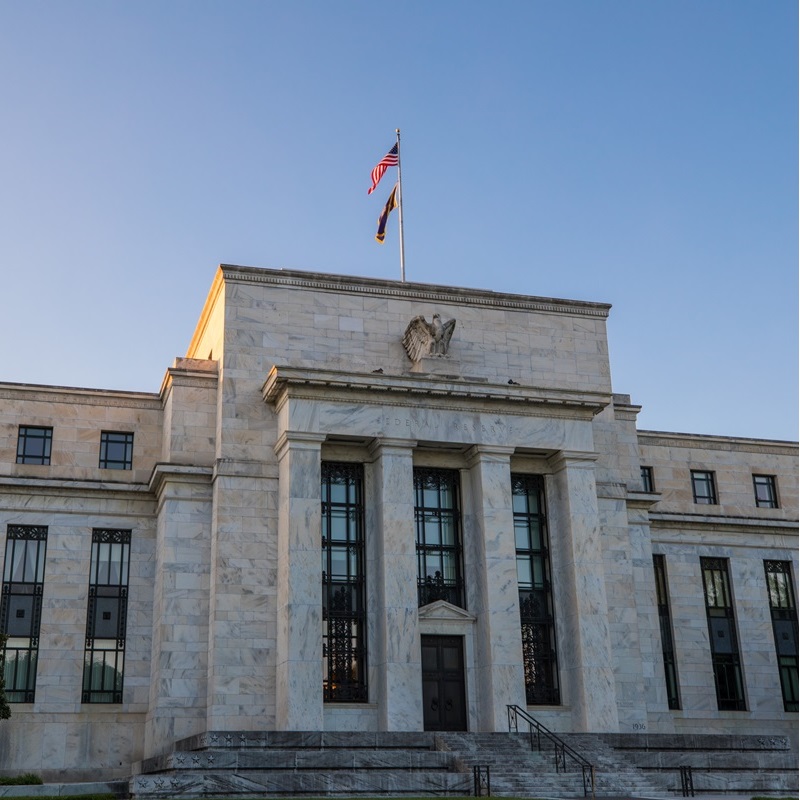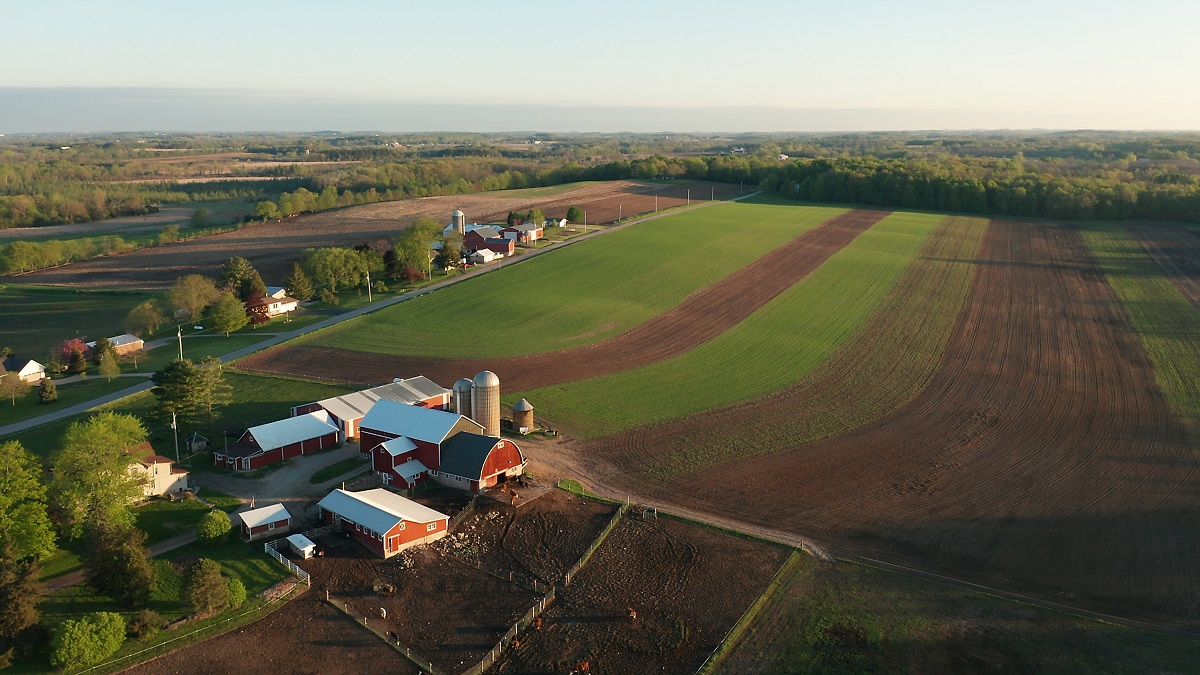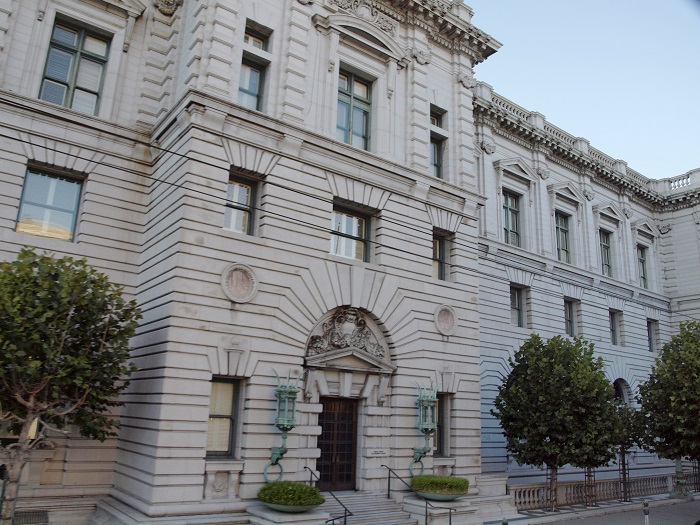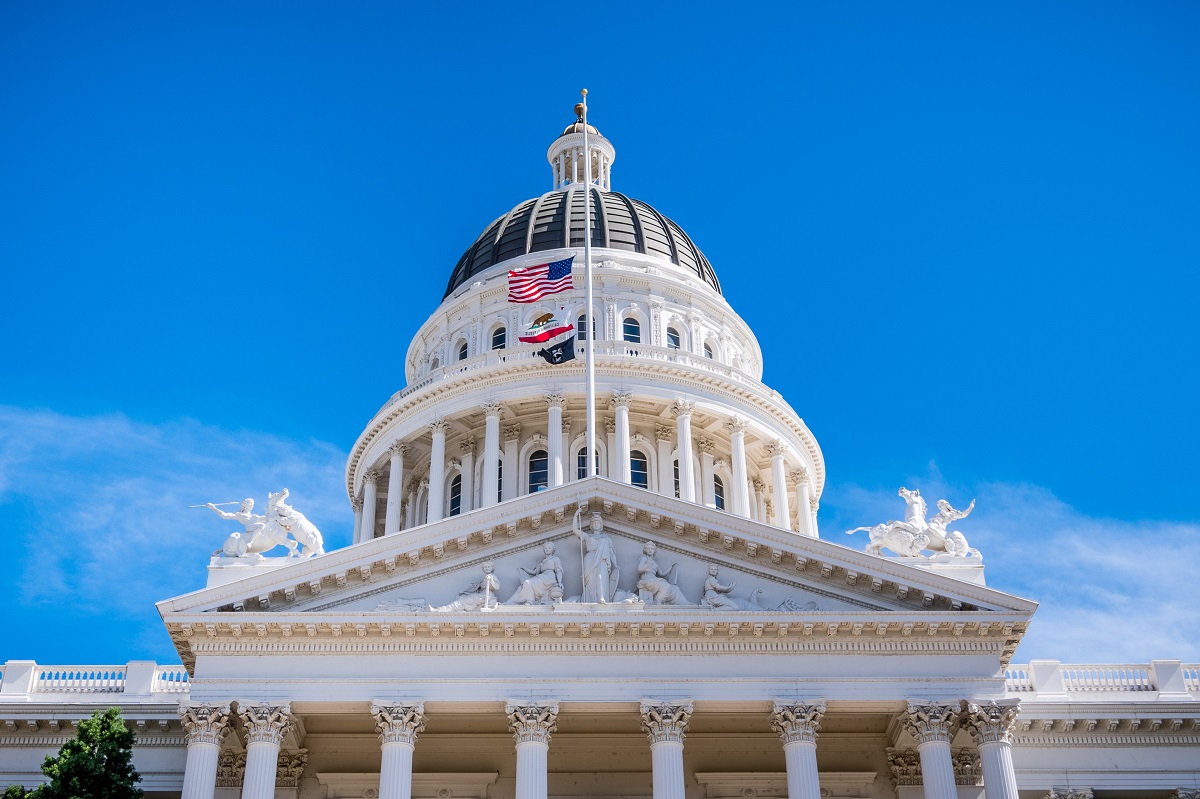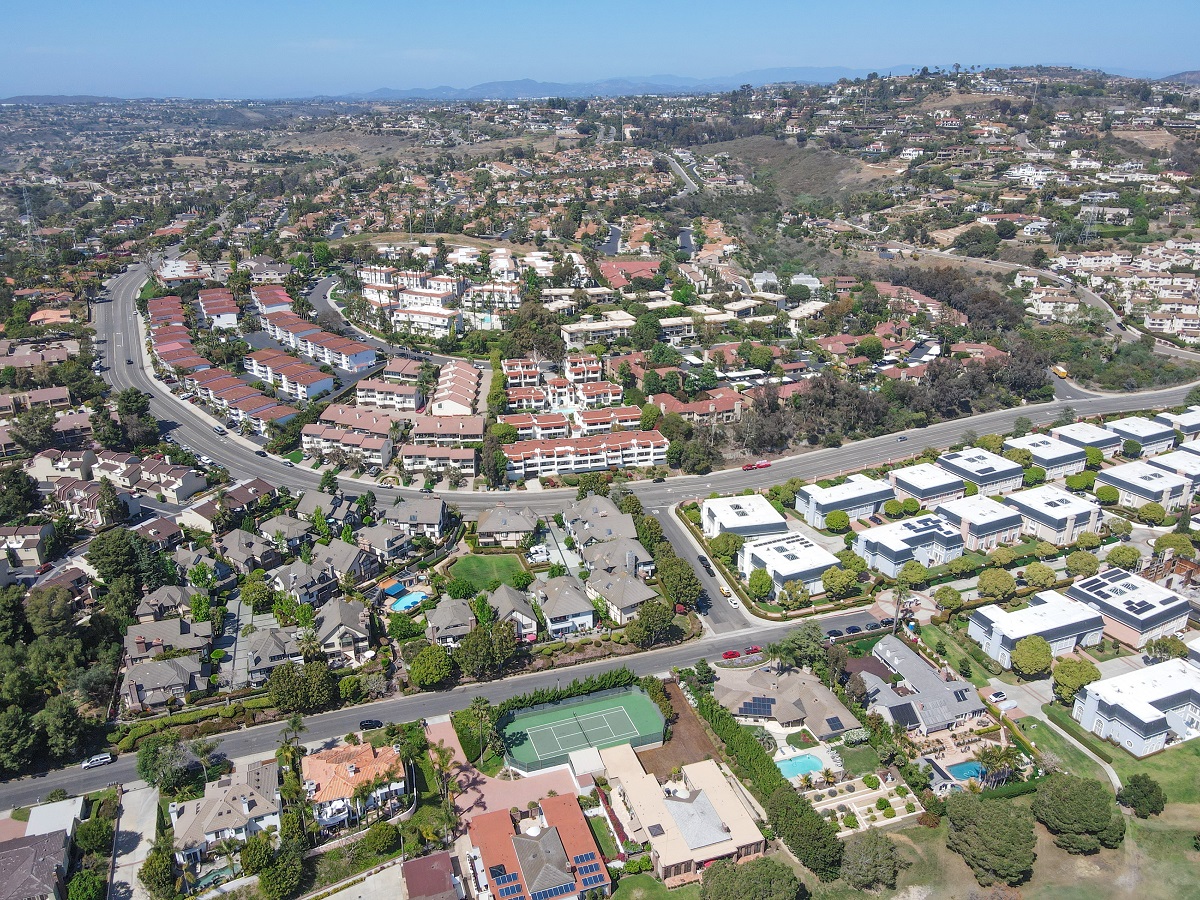The U.S. Court of Appeals for the Seventh Circuit recently upheld a trial court's rejection of a borrower's allegations that a mortgagee and its servicer violated the federal Fair Credit Reporting Act and the federal Fair Debt Collection Practices Act by allegedly inaccurately reporting her loan as delinquent following the borrower's successful completion of her bankruptcy plan, allegedly rejecting her subsequent monthly payments, and filing a foreclosure action based on the supposed post-bankruptcy defaults.
Posts tagged as “Bankruptcy”
The U.S. Court of Appeals for the Eleventh Circuit recently held that the anti-modification provision in the federal Bankruptcy Code applies to loans secured by mixed-use real properties, such as the large parcel at issue here which functioned both for commercial use and as the debtor's principal residence.
A look back at bankruptcy trends and litigation in 2023 reveals a spike in bankruptcy filings driven by economic factors and fallout from the pandemic while in upper courts several interesting cases were decided involving proofs of claim, stay violations, and discharge issues.
In an appeal involving a Chapter 12 bankruptcy, the U.S. Court of Appeals for the Eighth Circuit recently affirmed that the borrower’s use of the 20-year treasury bond rate sufficiently ensured that the total present value of future payments to the lender over the plan period equaled or exceeded the allowed value of the claim.
The U.S. Court of Appeals for the Seventh Circuit recently rejected a bankruptcy trustee's avoidance and fraudulent transfer claims, holding that a debt purchase and sale agreement between a bankrupt debtor, its original creditor, and its new creditor was not avoidable because it did not qualify as a transfer of “an interest of the debtor in property.”
The U.S. Court of Appeals for the Ninth Circuit recently reversed a contrary trial court ruling and joined with the U.S. Court of Appeals for the Tenth Circuit in holding that a Chapter 13 trustee is not entitled to a percentage fee of plan payments as compensation for her work in a Chapter 13 case when the case is dismissed prior to confirmation.
The U.S. Bankruptcy Appellate Panel for the Eighth Circuit recently held that, at a minimum, a substantial change in circumstances is required to justify modification of a bankruptcy plan under Section 1229.
In a bankruptcy trustee's adversary action to recover money paid to a collection agency within 90 days prior to the filing of the debtor's bankruptcy petition, and pursuant to a previous garnishment order, the U.S. Court of Appeals for the Seventh Circuit recently reversed the ruling of a trial court denying the trustee's application.
The U.S. Court of Appeals for the Second Circuit recently affirmed a trial court’s order granting summary judgment in favor of a credit reporting agency and ruled that reporting a student loan debt that was discharged in bankruptcy as “due and owing” is not cognizable as an “inaccuracy” under the federal Fair Credit Reporting Act.
Just a few years ago, the annual review would primarily encompass federal activity. But a shift began in 2018, and by the close of this year, it’s clear there is far more state activity impacting consumer debt collection.
Over the past year, the ebb and flow of bankruptcy filings has been an interesting one. Through 11 months, the number of bankruptcy filings have decreased from 2021, which were at their lowest levels since the 1980s.
The U.S. Court of Appeals for the Ninth Circuit recently affirmed a bankruptcy court’s judgment in favor of a debtor who sought to avoid a judgment lien under California’s homestead exemption law.

